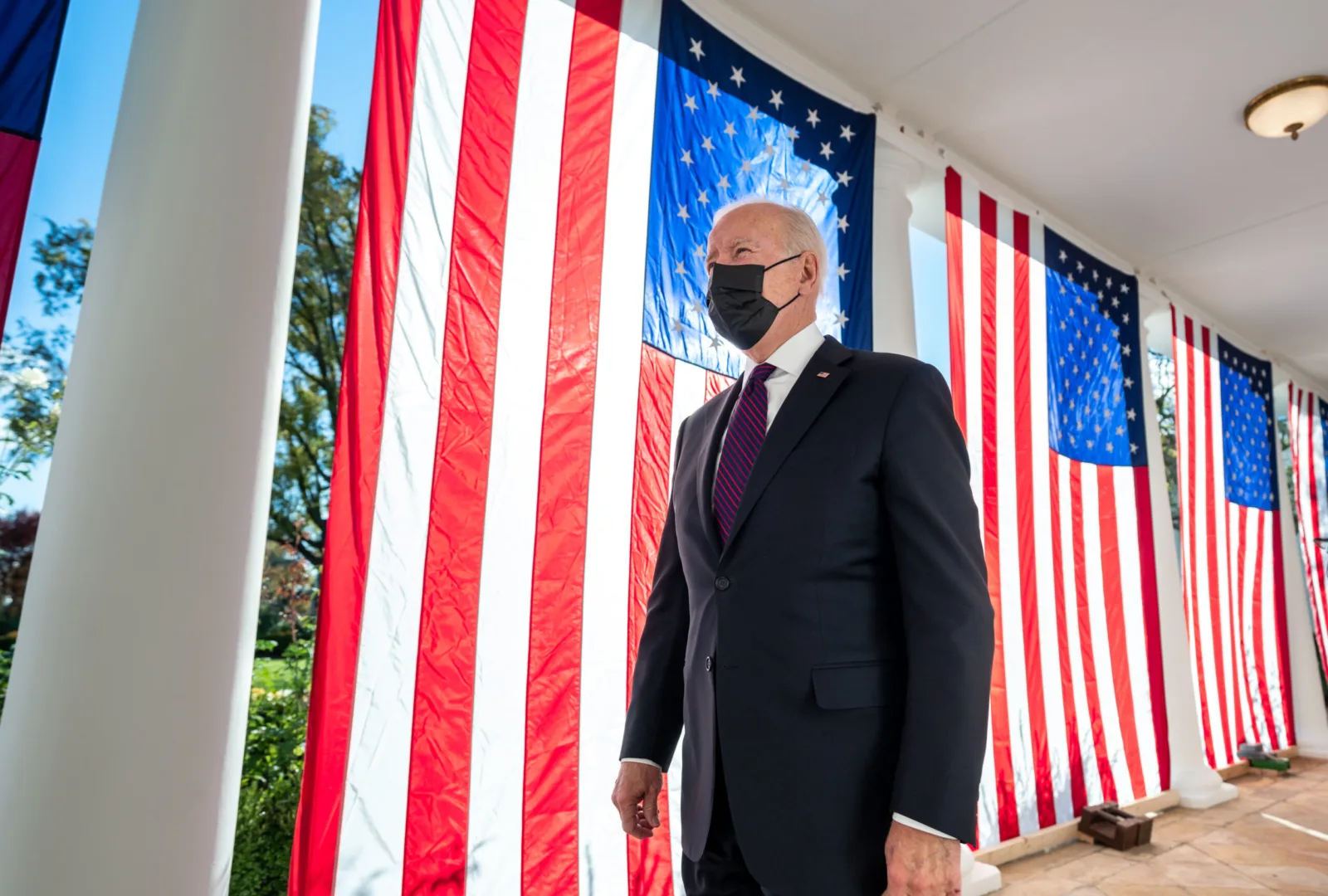The Summit for Democracy: An Important Step or an Empty Symbol?
Will the upcoming “Summit for Democracy” convened by the Biden administration strengthen democracy and American leadership in the world? Or will it instead lead to heightened perceptions of U.S. hypocrisy and double standards? Is it realistic and proper to expect the United States to demand reforms from illiberal leaders of key partner states, like Andrzej Duda, Rodrigo Duterte and Narendra Modi? More generally, is the promotion of democracy in the world really a vital U.S. interest, and is it actually viable? Does the Summit provide a useful opportunity to reform the authoritarian political systems of U.S. rivals such as China and Russia , or does it unnecessarily worsen already tense and dangerous relations with both? Does it reflect a clear contemporary division in Asia and Europe between democratic and authoritarian states, or is it an attempt to apply the paradigm of the cold war to a different and much more complex situation in both regions today? To discuss these and other issues regarding the Summit, please join Anatol Lieven, Senior Research Fellow at the Quincy Institute; Daniel Nexon, Professor of Government and Foreign Service at Georgetown University; and Marlene Laruelle, Director of the Illiberalism Studies Program at George Washington University. Sarang Shidore, Director of Studies at the Quincy Institute, will moderate.
Topics
Panelists
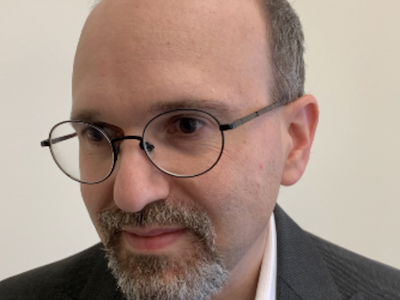
Daniel Nexon
Daniel Nexon is a Professor at Georgetown University, with a joint appointment in the Department of Government and the School of Foreign Service. His academic work focuses on international-relations theory, power politics, empires and hegemony, and international order. He has also written on the relationship between popular culture and world politics. His first book, The Struggle for Power in Early Modern Europe: Religious Conflict, Dynastic Empires, and International Change, won the International Security Studies Section Best Book Award for 2010. His second book, Exit from Hegemony: The Unravelling of American Global Order, co-authored with Alex Cooley, explores the contentious politics of international order.
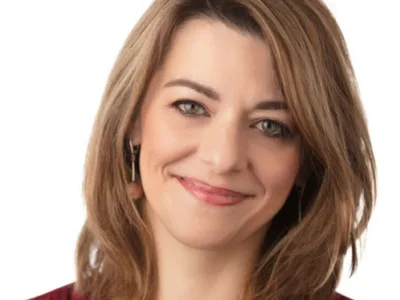
Marlene Laruelle
Marlene Laruelle, Ph.D., is a Director and Research Professor at the Institute for European, Russian and Eurasian Studies (IERES), Elliott School of International Affairs, The George Washington University. Dr. Laruelle is also Director of the Illiberalism Studies Program, Co-Director of PONARS (Program on New Approaches to Research and Security in Eurasia), and Director of GW's Central Asia Program. She studies the rise of populist and illiberal movements in post-Soviet Eurasia, Europe, and the U.S. Trained in political philosophy, she explores how nationalism and conservative values are becoming mainstream in different cultural contexts. She has been also working on Central Asia's nationhood and regional environment, as well as on Russia's Arctic policy.
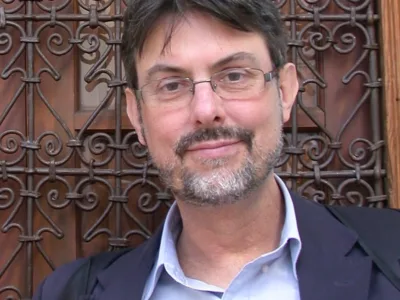
Anatol Lieven
Anatol Lieven is senior research fellow on Russia and Europe at the Quincy Institute for Responsible Statecraft. He was formerly a professor at Georgetown University in Qatar and in the War Studies Department of King’s College London. He is a member of the academic board of the Valdai discussion club in Russia, and a member of the advisory committee of the South Asia Department of the British Foreign and Commonwealth Office. Lieven worked as a British journalist in South Asia, the former Soviet Union and Eastern Europe, and is author of several books on Russia and its neighbours. He holds a BA and PhD from Cambridge University in England.
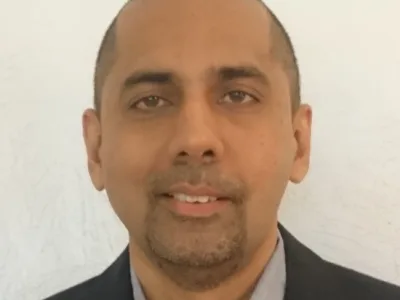
Sarang Shidore (Moderator)
Sarang Shidore is Director of Studies at the Quincy Institute and Senior Research Analyst at the Lyndon B. Johnson School of Public Affairs at the University of Texas at Austin. His areas of research and analysis are geopolitical risk, grand strategy, and energy/climate security, with a special emphasis on Asia. Sarang holds a master’s in international studies and diplomacy from the School of Oriental and African Studies (SOAS), University of London, and two master’s degrees in engineering from the University of Texas at Austin and Texas A&M University.
